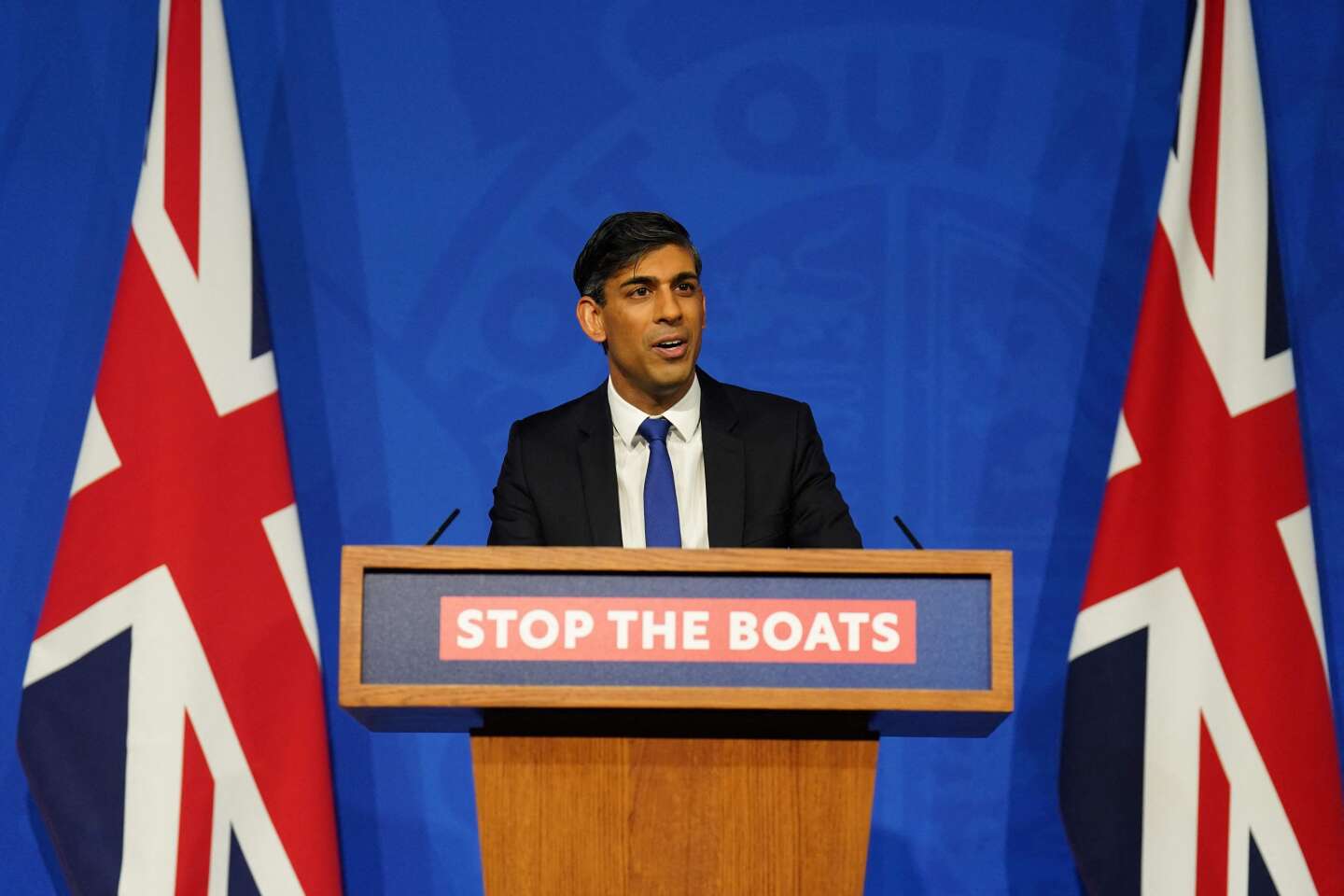


As in France, a debate over immigration is destabilizing the British government. Rishi Sunak may have a substantial majority in Westminster, but his Conservative Party is divided over the policy of sending asylum seekers to Rwanda, which is the cornerstone of Downing Street's strategy to stop people crossing the Channel in "small boats." On Tuesday, December 12, after a day of intense negotiations, the prime minister saw his government's "Safety of Rwanda" bill approved at second reading in the House of Commons, with a majority of 44 votes. This despite the abstention of a significant proportion of his party − more than 30 Conservatives didn't vote.
However, Sunak is far from winning the battle. The most right-wing Tories have promised to return to the fray at the third reading of the text, after the holidays. Their leader's authority has not been disavowed, but it remains fragile. In recent days, the British Parliament has borne a resemblance to 2018 or 2019, when Tory MPs were tearing themselves apart over Brexit, unable to agree on the divorce bill negotiated between Theresa May and Brussels.
At the time, a club of Eurosceptic rebels, the European Research Group (ERG), had ascended to such heights in the Commons that it eventually toppled the leader and succeeded in imposing the terms of a hard Brexit, including an exit from the European single market. The ERG has lost some of its power, but one of its leaders, the hardcore Brexiter Mark Francois, is still as radical as ever. In the meantime, other factions to the right of the Conservatives have emerged: the Common Sense Group, the New Conservatives and the Northern Research Group. What they all have in common is a highly ideological, anti-migrant position.
Controversial treaty
The Safety of Rwanda Bill declares the East African country "safe" for asylum seekers. It was drafted as a matter of urgency by Downing Street in an attempt to circumvent a November 15 Supreme Court ruling that the plan to deport asylum seekers who arrived in the UK on small boats to Rwanda was unlawful. The judges unanimously ruled that the treaty presented a significant risk of deportation to the applicants' country of origin from Rwanda, as the country's judicial system did not offer sufficient guarantees of their rights.
Initiated by Boris Johnson's government and signed in 2022 by London and Kigali, the Rwanda treaty is highly controversial. It has been described as "inhumane" by the archbishop of Canterbury, Justin Welby, and has never been implemented due to multiple legal challenges. But Sunak has put himself in a complicated situation by placing the plan at the heart of his strategy to limit illegal migration: The treaty is supposed to act as a deterrent to would-be Channel crossers.
You have 45% of this article left to read. The rest is for subscribers only.
